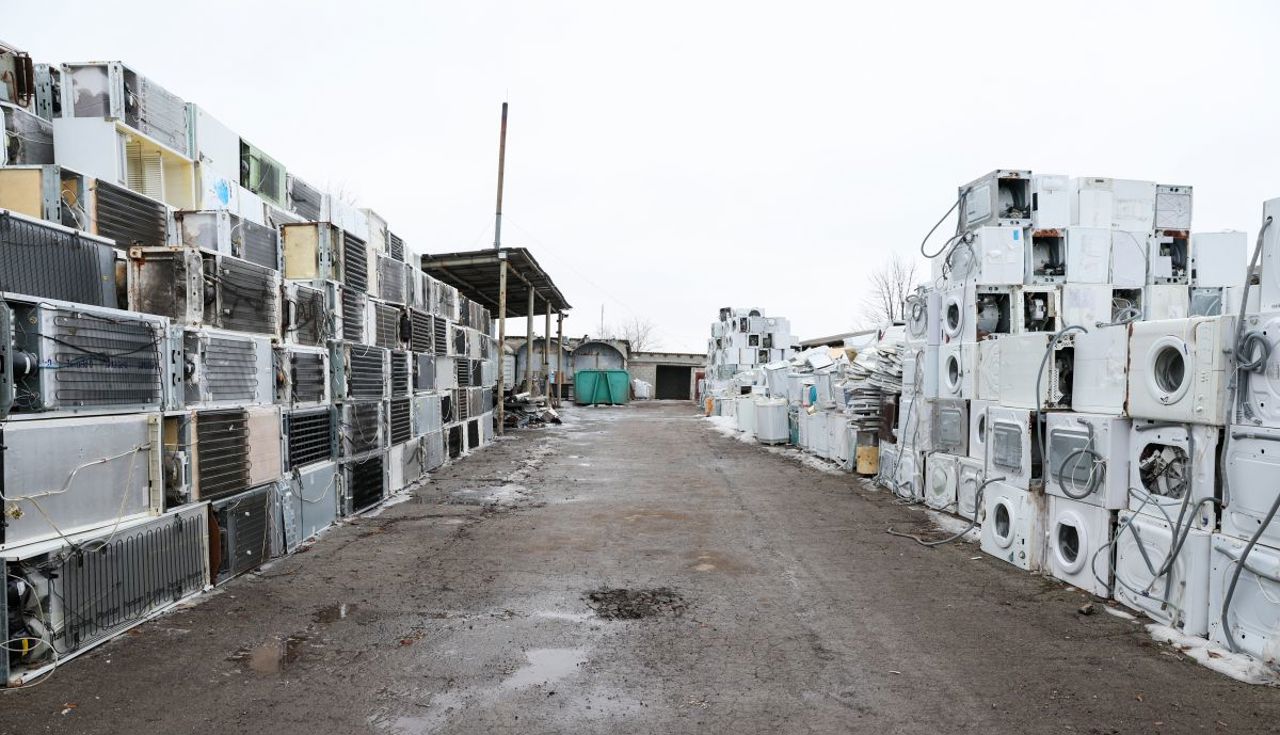Cervical cancer screening made more accessible for women in rural Moldova
The Ministry of Health of Moldova is working on a project to implement telemedicine in cervical cancer screening centres in the country's districts. The project aims to increase access to quality cervical cancer screening services for women in rural areas.

Cervical cancer is the fourth most common cancer in women worldwide. It is caused by the human papillomavirus (HPV), a sexually transmitted infection. Early detection and treatment can save lives.
Under the project, specialists from the capital, Chisinau, will use telemedicine to consult with doctors and patients in rural areas. This will allow doctors in rural areas to receive expert advice and support, and it will also allow patients to access quality cervical cancer screening services without having to travel to the capital.
The project is expected to be launched in the coming months. It will cover 12 districts in the first phase.
"We want to make cervical cancer screening more accessible for women in rural areas," said Uliana Tabuica, head of the Cervical Cancer Screening Center at the Institute of Mother and Child Health. "Telemedicine will allow us to provide women with the care they need, regardless of where they live."
The project is funded by the World Health Organization (WHO) and the United Nations Population Fund (UNFPA).
The WHO recommends that women between the ages of 25 and 61 have a Pap test every three years. The Pap test is a simple, painless procedure that can help detect cervical cancer early, when it is most treatable.
The UNFPA also recommends that girls aged 9-14 be vaccinated against HPV. The HPV vaccine can help protect girls from developing cervical cancer later in life.
The Ministry of Health of Moldova is committed to reducing the incidence of cervical cancer in the country. The implementation of telemedicine in cervical cancer screening centres is a major step towards achieving this goal.
Translation by Iurie Tataru




